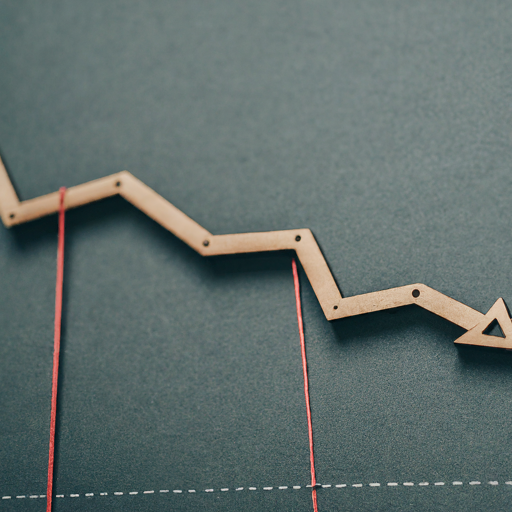
AI Investment Declines for Second Year Running
The AI industry, once a hotbed of investment activity, is experiencing a downturn, according to a recent report from Stanford’s Institute for Human-Centered Artificial Intelligence (HAI).
Global investment in AI fell for the second consecutive year in 2023, with both private and corporate investment seeing a decline. AI-related mergers and acquisitions dropped from $117.16 billion in 2022 to $80.61 billion in 2023, a decrease of 31.2%. Similarly, private investment dipped from $103.4 billion to $95.99 billion. Total investment in AI, including minority stake deals and public offerings, decreased to $189.2 billion, marking a 20% decline compared to 2022.
Despite the overall decline, some AI ventures continue to attract significant investments. Anthropic recently secured a multibillion-dollar investment from Amazon, while Microsoft acquired Inflection AI’s top talent for $650 million. Additionally, the number of AI startups receiving investments increased by 40.6% in 2023, according to the Stanford HAI report.
Experts attribute the shrinking investment to several factors, including slower-than-expected growth and challenges in scaling AI technologies. Umesh Padval, managing director at Thomvest Ventures, suggests that the initial enthusiasm for AI has given way to a more mature and discerning investment landscape.
While investment in AI startups remains robust, skepticism towards generative AI, which creates new content, is growing among investors and corporate executives. Despite significant funding in 2023, concerns about productivity gains and data compromises have led some high-profile investors to steer clear of generative AI.
However, some experts view the current correction in AI investment as necessary for the industry’s long-term sustainability. Padval anticipates a more stable investment rhythm in 2024, signaling continued growth opportunities in the AI sector.
As the AI industry navigates these challenges, investors and stakeholders remain cautiously optimistic about its future prospects, expecting a more sustainable and normalized pace of investment in the coming years.
